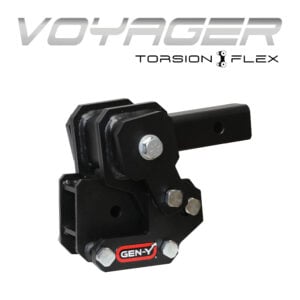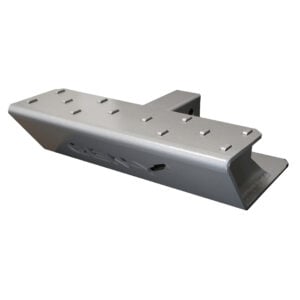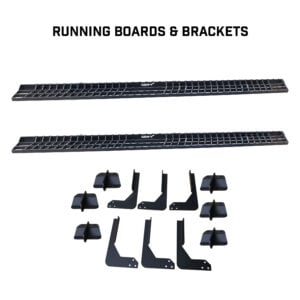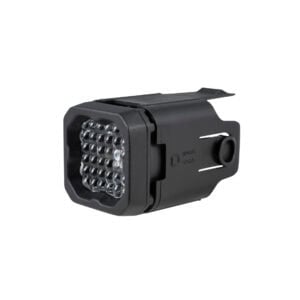Towing is essential for many drivers, whether for work or recreation. However, it raises questions about its potential negative effects on your car. Understanding these effects can help ensure that you use the right equipment and adopt the best practices for maintaining your vehicle’s health. That said, here is everything you need to know about the impact of towing on vehicle longevity!
Is towing bad for your car?
When done properly, towing does not inherently damage a vehicle. The key is to use the right towing equipment and adhere to your vehicle’s towing capacity. Overloading or improper hitching can lead to excessive stress on the vehicle’s engine, transmission, brakes, and suspension.
The additional weight and resistance from towing can strain these components if not managed correctly. Ensuring your vehicle’s towing setup is properly balanced and within its rated capacity can help mitigate these risks. Regular maintenance checks, such as monitoring brake wear and inspecting the suspension system, are crucial for vehicles that tow frequently.
Does towing reduce engine life?
Towing does place additional strain on a vehicle’s engine. However, with the proper precautions, it does not have to drastically reduce engine life. Regular maintenance, such as oil changes and cooling system checks, becomes even more critical when a vehicle is frequently used for towing. Using high-quality synthetic oil can also help protect the engine under the increased load.
Engines designed for towing, like those in many trucks and SUVs, are built to handle the additional stress. By maintaining your vehicle according to manufacturer recommendations and using appropriate towing equipment, you can mitigate the potential reduction in engine life caused by towing.
Does towing put miles on a car?
While towing itself does not directly put miles on a car, the act of towing can lead to increased usage, which in turn adds miles to the odometer. This increased mileage can accelerate the wear and tear on various vehicle components. However, the impact can be managed with regular maintenance and by using high-quality towing equipment.
Properly maintained vehicles can handle the increased mileage from towing without significant issues. Ensuring that your tires, brakes, and suspension are in good condition can help maintain vehicle performance and safety despite the additional miles.
Choosing the Right Towing Hitch
Selecting the appropriate towing hitch for your vehicle and the load you plan to tow is crucial. The right hitch ensures that the weight is distributed correctly, reducing the strain on your vehicle’s components. There are several types of hitches, including weight distribution hitches, gooseneck hitches, and fifth-wheel hitches, each designed for specific towing needs.
For example, a weight distribution hitch can help distribute the tongue weight of the trailer across all axles of the towing vehicle, improving stability and control. Gooseneck and fifth-wheel hitches are typically used for heavier loads and offer better stability for larger trailers. Understanding your towing requirements and choosing a hitch that matches those needs will help protect your vehicle. Additionally, it ensures a safer towing experience.
Overall, towing does indeed impact vehicle longevity, but with the proper practices and equipment, these effects can be significantly minimized. Advanced towing solutions, such as those offered by Gen-Y Hitch, provide superior performance and protection for both the towing vehicle and the trailer. By choosing the right hitch and adhering to maintenance best practices, you can ensure that your vehicle remains reliable and functional for years to come.
Let Us Help!
Gen-Y Hitch exists to better the lives of our customers, dealers, vendors, employees, and the automotive industry. We will always put our customers’ needs ahead of our own. Contact us today, and let us help you!











